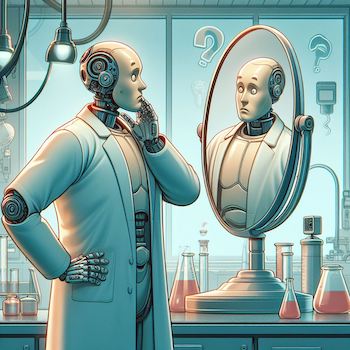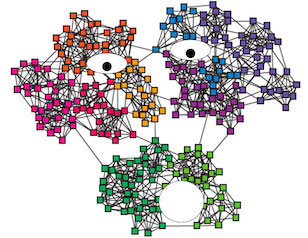A Self-Organizing Theory of Consciousness to Unify Them All
Abstract: After the highly contested match of theories of consciousness that began in 2018, which is marking time, Stratium could reconciles and surpasses them, as a self-organizing theory that seeks to explain the phenomenon in addition to the function. Neurons are elementary feedback loops that process the regularities of sensory signals. They organize themselves into … Read more










